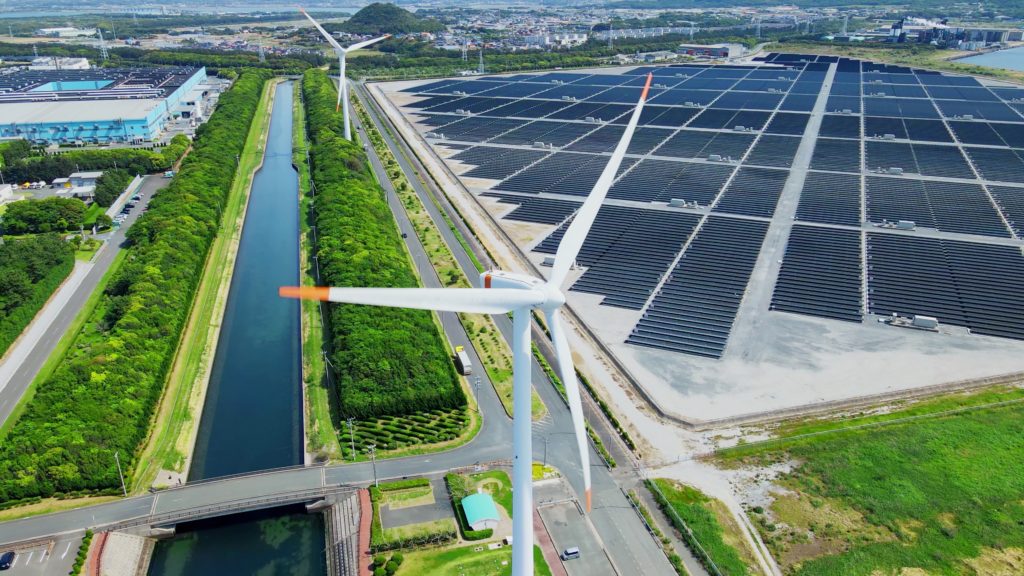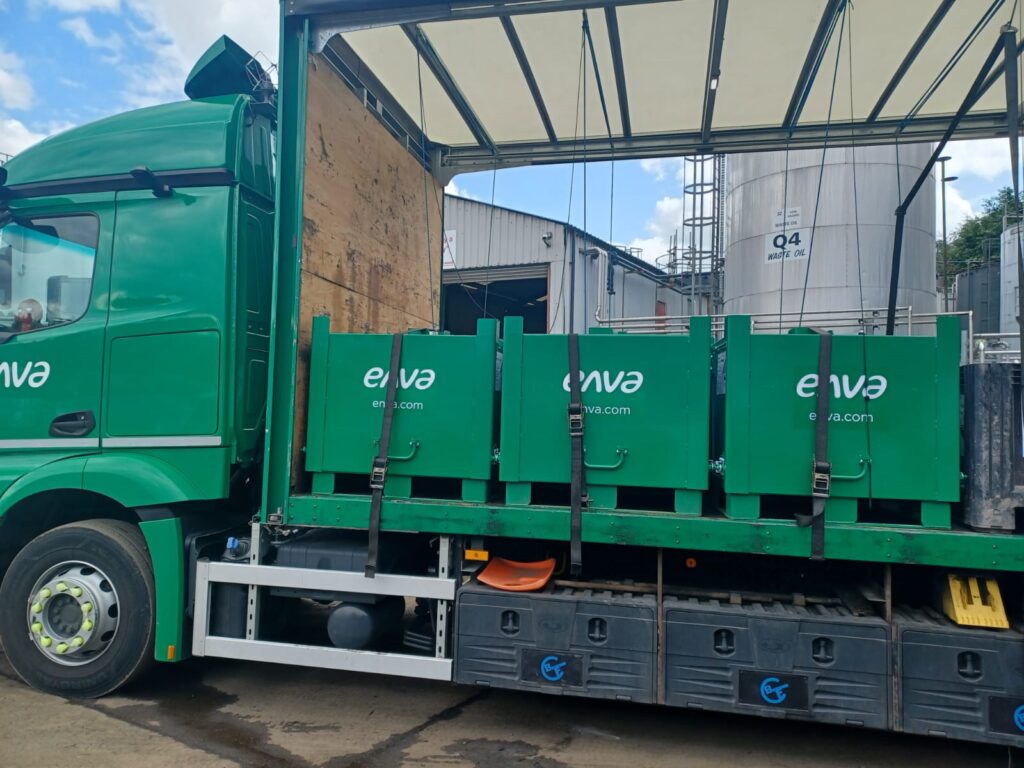Biffa recently became the latest large waste company to attract attention, announcing earlier this month that it had been the subject of offers from US-owned Energy Capital Partners (see letsrecycle.com story).
This follows recent moves by KKR to buy Viridor, Macquarie to buy Beauparc and Ancala to acquire Augean.
Reconomy is another example. It was acquired by EMK Capital and has since embarked on an aggressive expansion strategy since then to become one of the biggest operators.
EMK said it believes there are “attractive and actionable opportunities for further transformational growth” at the company going forward.
These companies are not alone in investing in waste management companies, but one expert “close to various transactions” at the moment warned that whilst ESG funds have grown, the current financial climate and war in Ukraine is meaning that short term liquidity is potentially less than it was 6 months ago.
This is important because deals can all take some time before deals reach the public domain.
Infrastructure
Large investment firms specialising in infrastructure, such as Copenhagen Infrastructure Partners, have also been circling projects. Copenhagen Infrastructure Partners has active investments in SSE’s Slough Multifuel project and is part of a joint venture with FCC for the Lostock EfW plant.
Meanwhile, London-based Expotent formed wood recycling and biomass supply specialist Enva after acquiring DCC Environmental. It then went on an acquisition spree and formed one of the largest wood recycling firms in the UK. It now supplies a large amount of material to biomass plants which has proved to be a lucrative market.
A number of sector experts have told letsrecycle.com that they expect interest in waste and recycling, inspired by stories such as this, to continue.
Opportunities
One such view came from Jason Hollands, managing director of Evelyn Partners, a business advisory firm. Mr Hollands told letsrecycle.com that investors’ interest in waste management was underpinned by “the swelling of ESG funds globally and the fact that there are only a relatively small number of larger players in this space – and relatively few are listed opportunities”.
He explained that, as an example, Impax Environmental Markets Plc, the leading UK environmental investment trust, invests 18% in resources efficiency and waste management, with its largest asset being US hazardous waste specialist Clean Harbours Inc.
Turning to potential future investments, Mr Hollands said: “Biffa’s position is a little bit complicated because it is currently subject to an ongoing HMRC enquiry over whether waste has misclassified in respect of landfill tax compliance. Biffa estimate the potential liability could range from £170,000 to £153 million.
“Some would argue that the [estimated £1.42 billion] bid is low, but investors might be inclined to accept it given the uncertainty created by a potential tax dispute.”
EfW plants are ‘cash cows’ as the government’s radar is looking at windfall taxes
– sector expert
Assets
Companies with a strong portfolio of recycling or energy from waste (EfW) infrastructure are also attracting interest as profits soar.

The current energy crisis is leading to councils and government welcoming the domestic supply of electricity, while demand for domestically recycled material is growing.
One sector specialist, who chose not to be named, explained that the government’s focus “was currently on a windfall tax for large oil companies, allowing many EfW plant operators to reap the rewards of higher prices”.
They said: “These plants were modelled on the expectation that they would receive a power price of around £60 MWh, but we are now seeing £200 MWh, so income has tripled.
“Biomass and EfW plants are, at the moment, cash cows. The government’s radar is looking at windfall taxes on large energy companies and not these assets, so they are in a good profitable situation at the moment. This is a sweet spot for these assets.
“They have endured some hard times, so this is all part of the highs and lows that the long-term investor has to endure.”
Growing
Meanwhile, according to Mark Whelan, partner at independent banking boutique Quercus, the situation has “evolved” over the last decade as perceptions over “unsophisticated” waste businesses and concerns over environmental and reputation damage have begun to ease.
He said that companies like waste broker Reconomy had grown revenues “massively” in private equity ownership over the last five years, with significant growth by acquisition.

Mr Whelan added: “Private equity interest is increasing, driven by rise of ESG agenda, continued volume of deals, performance of major players and the retreat of some historically active trade players.”
He said that some markets such as water, electricity and gas are “mature” and therefore more difficult to penetrate.
Looking forward, he said in his 30 years in the business he had seen a lot of trends, but “this is a very exciting time for waste”. Mr Whelan also predicted more consolidation as operators try to scale and mitigate supply chain issues hitting the industry.
He concluded: “We are likely to see more international M&A, particularly in emerging markets. A good example of what’s coming is the announcement of Suez’s proposed acquisition of EnviroServ in South Africa.”









Subscribe for free